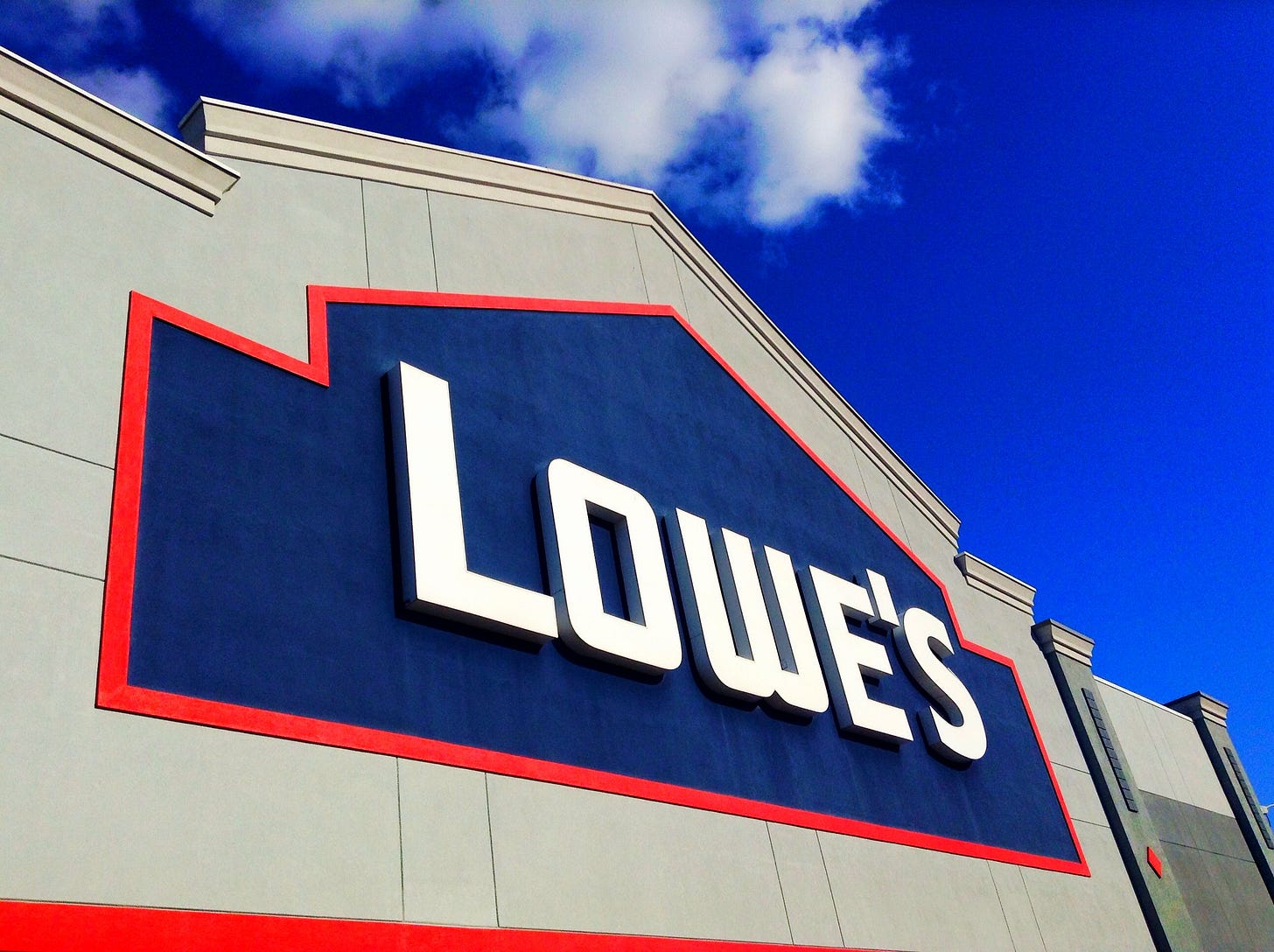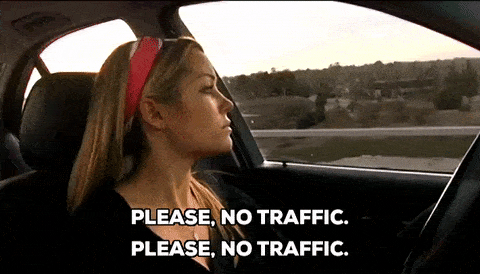
This is Boondoggle, the newsletter about corporations ripping off our states and cities. If you’re not currently a subscriber, please click the green button below to sign up. Thanks!
Last week, a Wisconsin appeals court rejected big box retailer Lowe’s attempt to lower its property tax rate in the town of Wauwatosa, Wisconsin. Lowe’s tried to employ what’s known as “dark store theory” to cut its property valuation nearly in half, from $13.6 million to $7.1 million.
As I’ve explained previously, dark store theory is a massive scam big box stores have been perpetuating on towns across the country, but most prominently in the Midwest. Under this theory, massive corporations argue that their full, functional stores should be valued as if they are empty and vacant, or “dark,” because they can be difficult to sell to other retailers. According to analysts at S&P Global Ratings, dark store theory “has resulted in widespread and pervasive store devaluations.”
In some states, retail corporations could use this theory to lower their property tax payments by billions of dollars cumulatively, which would be devastating for local communities dependent on property taxes for schools and other local priorities.
Fortunately, Wisconsin won its case against Lowe’s, with the panel of judges writing, “Lowe's has not met its burden to show that a mass appraisal did not occur or that the system and procedures that the City employed in 2015 failed to comply with Wisconsin law.”
The judges added: “Lowe's disagrees with the circuit court's findings of fact, but it does not demonstrate that these findings are clearly erroneous with any citations to the record. It instead rehashes arguments that we have rejected above — that valuing the Lowe's Property in its current state impermissibly values its business concern, and that the Lowe's Property should be appraised as if it were vacant, in transition, or distressed.”
It’s good that the judges comprehensively told Lowe’s to take a hike. However, these cases are just going to keep coming, in state court and before state tax appeal boards, if not both. Here’s one from Walmart in Wisconsin (which hopefully the above judgement renders moot), and some more from Walgreens and Lowe’s in Kentucky.
And it’s only a matter of time before other corporations — looking at you, Amazon — start using a version of the same argument to fight their own property tax bills on their far-reaching empires. I can certainly see firms applying it to their warehouse and distribution properties, for example.
Indeed, according to Bloomberg Law, some smaller- and mid-sized commercial property owners in states where dark store theory has gained a foothold are already adopting the tactic.
These cases, even if the towns trying to enforce their property tax laws win most of the time, can be very expensive. Fighting them is a cost small towns often can’t afford — and that’s likely what the big box stores are counting on. They figure more places will settle at a lower property tax rate, rather than pay lawyers to fight a massive corporation with nearly limitless resources in court. Stopping the spread of dark store theory via a legal strategy is simply, to me, unsustainable.
That’s why legislative fixes are ideal. I found bills to outlaw dark store theory in five states during this year’s legislative sessions — Wisconsin, New York, Maine, Kansas, and Indiana — and there are probably more out there. (Please flag for me if you know of one I’ve missed and I’ll update this list accordingly.)
Passing these into law ASAP is the best way for states to save their local officials considerable time and money. Even states that haven’t dealt with dark store cases yet should just approve a new law now to get ahead of the problem.
Big box retailers do significant damage to local communities and businesses even when they pay full freight on their property. There’s no reason for local officials to allow these corporations to scam their way out of their taxes too.
SHAMELESS SELF-PROMOTION: I talked to Marketwatch about the recent antitrust case 37 states launched against Google for using anticompetitive tactics in its app store, as well as the broader set of actions officials at all levels of government are taking against big tech firms. You can read it here.
ONE MORE THING: The West Virginia legislature recently created a $30 million “deal closing fund” that the governor can access to supposedly sway corporate location decisions. As Mountain State Spotlight reported, “the Legislature approved the fund without putting guardrails on it — so while officials say rules are coming, there is currently no independent oversight governing how it’s spent and analyzing what jobs — if any — materialize.”
Several other states have funds like these, which tend to result in the governor throwing money at friends and allies, not anything economically useful. The first reported outlay from West Virginia’s fund is $200,000 for a stoplight by a Macy’s distribution center.
The reporting on how the fund came to be also heavily implies lawmakers only did it because they had a surplus of federal pandemic recovery funds lying around — which would seem to violate the Treasury Department’s rules on how those funds can be used. Hopefully I’ll have more on this soon.
Thanks for reading this edition of Boondoggle. If you liked it, please take a moment to click the little heart under the headline or below. And forward it to friends, family, or neighbors using the green buttons. Every click and share really helps.
If you don’t subscribe already and you’d like to sign up, just click below.
Finally, if you’d like to pick up a copy of my book, The Billionaire Boondoggle: How Our Politicians Let Corporations and Bigwigs Steal Our Money and Jobs, go here.
Thanks again!
— Pat Garofalo



